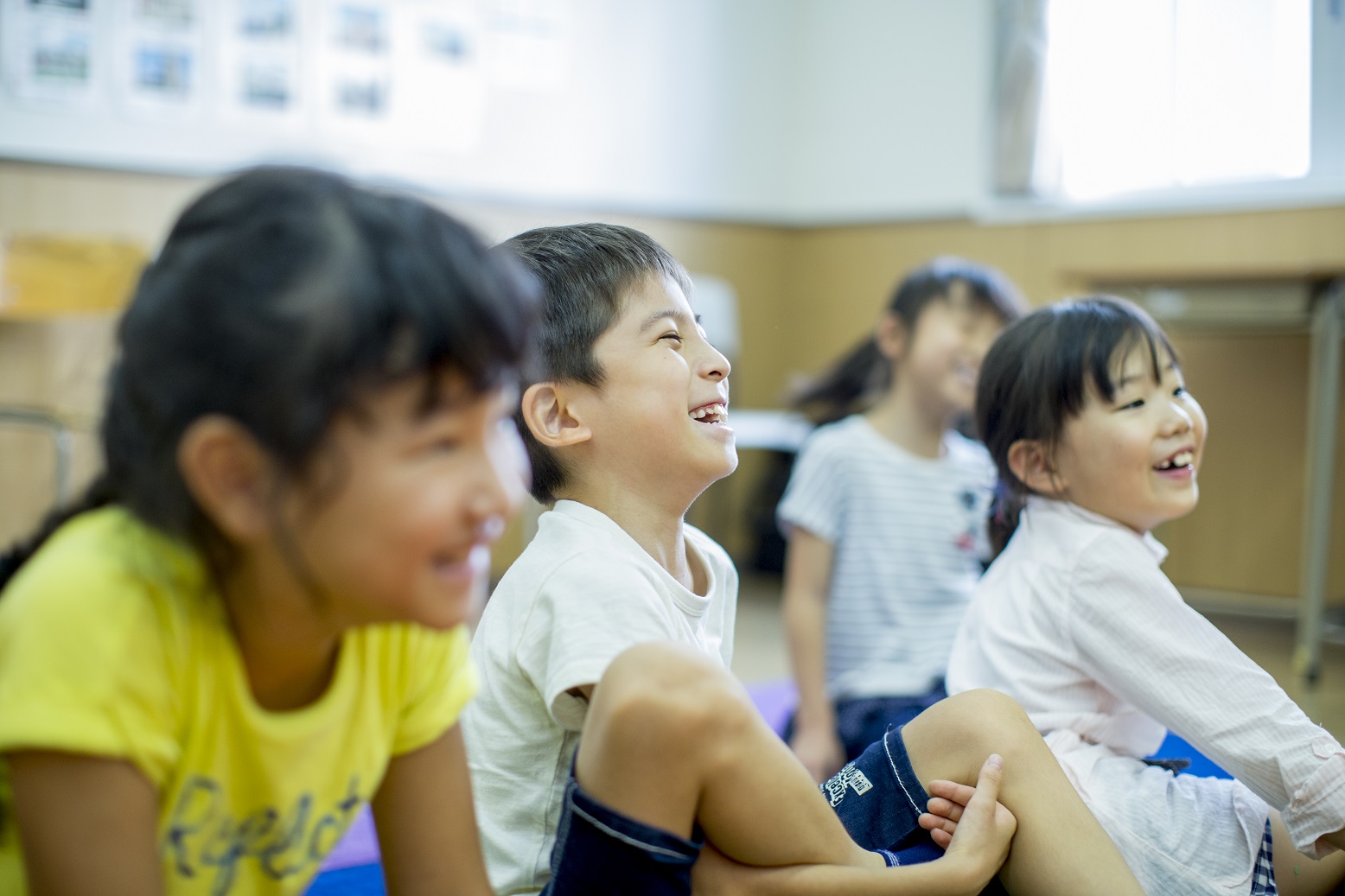こんにちは!
AICKids天王寺駅前校・梅田校・都島校 責任者の内田です。
毎日どこかでお祭りがあるようですね、浴衣でみなさん涼しげです♪
さて、先週から始まりましたエミ先生の英検®®2級解説レッスンweek2の4日目です。
では、エミ先生のレッスンをどうぞ!
~~~~~
This part of Osaka is a place ( ) attracts young people for its shops and restaurants.
① what
② where
③ which
④ how
【Hint】 What type of dependent clause is attracts young people for its shops and restaurants?
A relative clause has a subject and verb, but by itself it is not a complete sentence. It is a dependent clause which needs something else to make it complete. A relative clause will start with a relative pronoun, like who, whom, which, or whose; or a relative adverb, like when, where, or why.
There are three types of dependent clauses:
– Adjectival clauses describe a noun in the main clause.
They begin with words such as:
that which who whom whose
Example: My friend likes the dress that I gave to her.
– Adverbial clauses describe a verb in the main clause.
They begin with words such as:
after although as as though because before even if how if
even though once since so that that than though unless until when whenever where wherever whether while why
Example: When the train arrives, people on the platform rush toward the doors.
– Nominal clauses are clauses which act like nouns (a person, place, or thing).
They begin with words such as:
who whom what which whoever whomever
whatever when where how why
Example: I don’t know who went to the event.
【Correct Answer】
③ which
Which is the correct answer. This dependent clause is an adjectival clause, because it describes place in the main clause.
Which can be used in both adjectival and nominal clauses. Which is followed by either a verb in or a noun/pronoun, so it fits this sentence.
Examples:
Nominal clause: I must consider which is the best choice.
Adjectival clause: I had to wash the dishes, which you should have done.
① what
What is used in nominal clauses. What can be followed by a verb, noun, or pronoun.
This is incorrect because this clause is an adjectival clause.
Examples:
I study what makes me happy.
I wonder what babies think about.
② where
We use where in relative clauses to talk about a place.
Where is followed by a noun or pronoun, so this cannot be the answer.
Example: I want go camping where the stars shine bright in the night sky.
④ how
How is used to refer to the manner in which something is done. It is used in nominal and adverbial clauses, but this is an adjectival clause. How is usually followed by nouns, pronouns, or verbs in the to-infinitive form, so this cannot be the answer.
Examples:
Can you please explain how to make a paper crane?
His rude manner negatively affected how I thought of him.
~~~~~
今日と明日のレッスンは解説が長めになっております。
質問がございましたら、コメント欄にいただければエミ先生と回答させていただきます。
このレッスンの対象はなかなか英検®®2級に合格できない小学生向けです。
AICKids天王寺駅前校・梅田校・都島校
体験レッスン受付中
*本連載の解説部分はAICKids天王寺駅前校・梅田校・都島校を運営するもものはな株式会社に著作権があります。
私的利用以外に無断転載・無断利用をお断りいたします。


